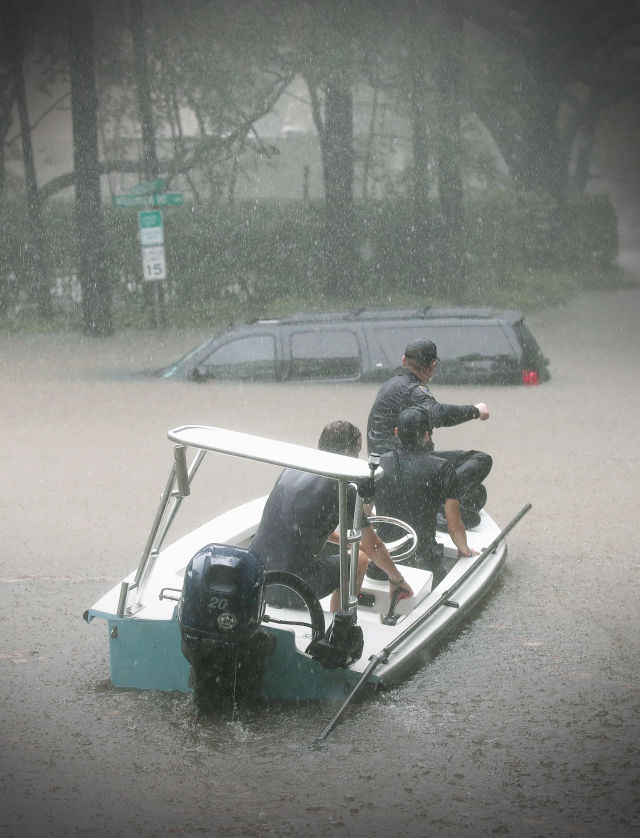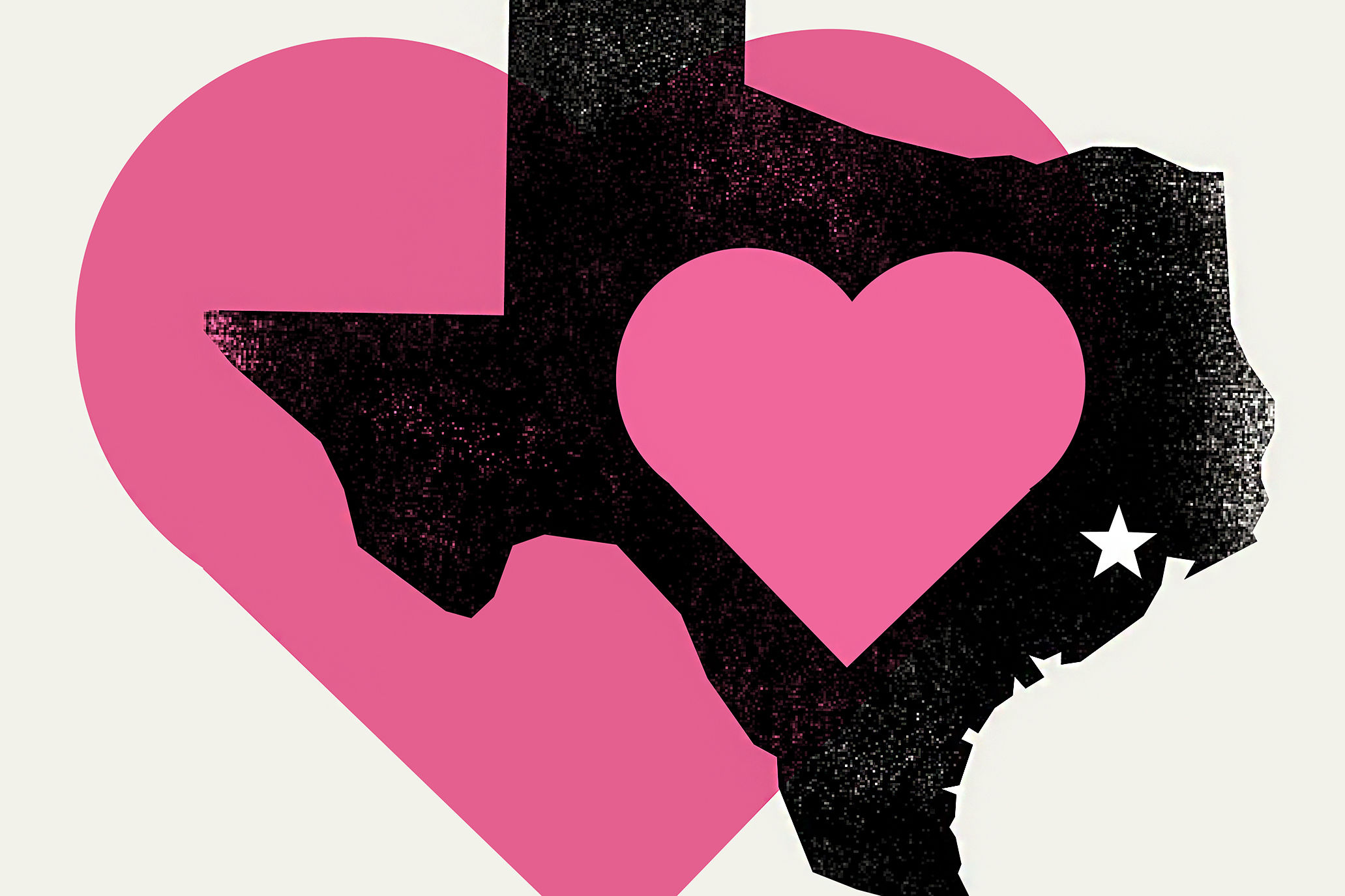FEMA Might Pay to Rebuild Churches Post-Harvey After All

Image: Scott Olson/Getty Images
In the middle of the storm, when the floodwaters were rising up faster and higher than anyone had ever thought was possible, churches and other religious organizations flung open their doors to help, like just about everyone else in Houston and along Hurricane Harvey's strike zone.
By the time Hurricane Harvey finished chewing up the Texas Gulf Coast, the storm had caused massive flooding and had cut a wide swathe of devastation through communities in the Houston area and smaller towns like Rockport that line the coast. The situation was bad enough for individuals who endured the inrush of floodwaters and have been dealing with the fallout ever since, but it hit houses of faith particularly hard, since the Federal Emergency Management Agency rules excluded religious organizations from applying for any aid to repair or rebuild.
In fact, things were looking so grim that three Texas churches, the Hi-Way Tabernacle in Cleveland, the Harvest Family Church in Cypress and the Rockport First Assembly of God, filed a lawsuit against FEMA's no-church policy for disaster relief funds within days of Harvey finally spinning off into blessed nothingness back in early September. All three had sustained significant damage—First Assembly's church steeple and roof were torn away during Harvey while both Harvest and Hi-Way Tabernacle were flooded out by the storm.
The lawsuit, filed in Texas Southern District of U.S. District Court, stated that the churches were simply looking for "a fair shake" from FEMA officials, especially since helping religious organizations rebuild would also be a way to help the communities the organizations serve, by extension. The case was moving along, but a new rule issued by FEMA may have found a way to solve the problem without seeing the agency go to court, after all.
According to a new policy issued this week, Texas churches and other houses of faith now have a shot at getting at federal disaster relief funds through FEMA, because religious organizations will be allowed to apply for the disaster recovery funds that were previously only available to secular nonprofits.
State Attorney Gen. Ken Paxton and Gov. Greg Abbott crowed over the news. The pair has been pushing the Trump administration to change FEMA's policy ever since Harvey ripped through Houston. Both Paxton and Abbott issued statements announcing they were thrilled with agency's decision, issued on Tuesday, to change the rule. Paxton contends that this move has allowed FEMA to dodge "violating the constitutional rights of those who continue to play a vital role in helping Texans get back on their feet after Hurricane Harvey."
Abbott went a little further still, maintaining that religious organizations should have been able to access federal relief money from the start. "Churches and other houses of worship continue to play a vital role in the ongoing recovery effort, and their ability to receive the same assistance available to other nonprofits should never have been in doubt," he stated. (Considering the questions that still remain over the amount of money Texas will ultimately get from the feds to deal with Harvey fallout, it's clear that both Abbott and Paxton are making the most out of this FEMA win.)
The decision also should cleans things up nicely for the federal agency. On top of the lawsuit from the Texas churches, FEMA was also facing a lawsuit filed by a couple of synagogues in Florida.
However, the new rule, which states “that private nonprofit houses of worship will not be singled out for disfavored treatment,” is kind of vague on the details like, well, what not being "singled out for disfavored treatment" will actually mean in practice. So far, the foreword to FEMA's Third Edition Public Assistance Program and Policy Guide has outlined that the new policy should open up relief funding for any religious organizations hit by a federally declared disaster from August 23, 2017 that had not already been resolved by January 1, 2018, so it looks like the next step for religious organizations impacted by the storm and flooding is to just apply.
It'll be interesting to see what happens from there. FEMA still bans organizations from getting any funding to repair facilities used for “political, athletic, recreational, vocational, or academic training,” but that rule is in place whether an entity is secular or Bible-thumping religious. So as long as faith-based outfits aren't trying to rebuild their jazzercise centers or staging political rallies in their damaged buildings, they now have a shot of getting actual government aid.




